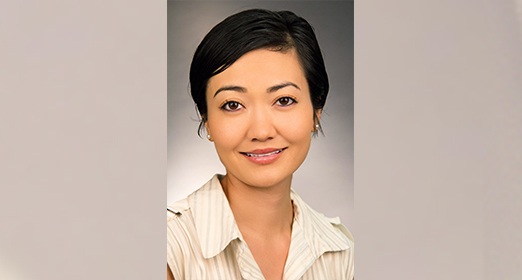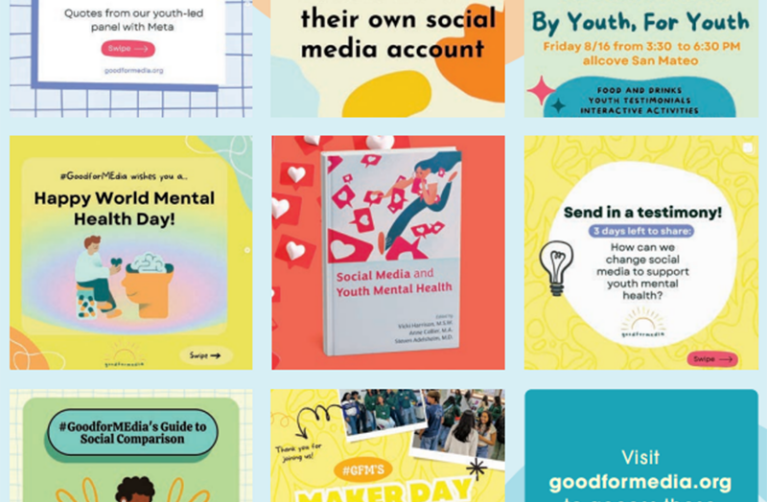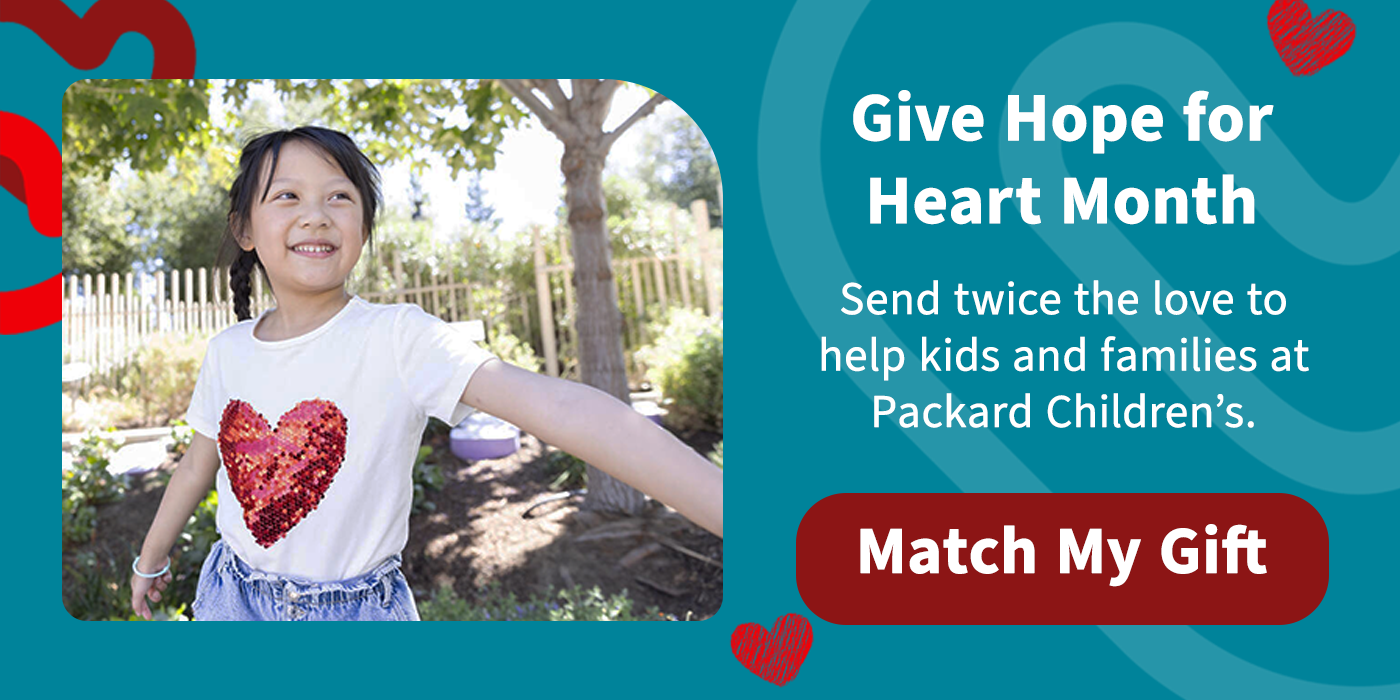When a child has a mental health need—whether it’s a little reassurance at bedtime or coping with a behavioral disorder—parents can be their child’s best ally, says Mari Kurahashi, MD, MPH, clinical associate professor of psychiatry and behavioral sciences at the Stanford School of Medicine.
“Parents are the most important figures in children’s lives,” she says. “You don’t have to be the ‘perfect parent’ to help foster your child’s healthy development. Using a few core practices can make a meaningful difference.”
In 2020, Kurahashi and her colleague Elizabeth Reichert, PhD, a clinical associate professor of psychiatry and behavioral sciences, co-founded the Stanford Parenting Center to offer parents a playbook of practices that foster children’s mental health. Their approach of putting parents first has proven to work. Studies show that parenting interventions can be as effective—if not more effective—in treating children’s psychiatric conditions than those that focus directly on the child.
Resources for parents everywhere
“We provide support to parents by tapping into existing parenting abilities while teaching additional capacities grounded in science,” Kurahashi says. “We believe all parents have the ability to strengthen the parent-child relationship and help their children grow. Parents gain confidence and enjoyment in parenting.”
The Stanford Parenting Center offers skill-building programs that help parents foster their child’s resilience and intervene effectively if signs of mental health challenges emerge, reducing the potential for mild symptoms to become more severe. The center also offers scientific parent-based treatments for their child’s severe psychiatric disorders.
The Stanford Parenting Center has grown into one of the most comprehensive digital parent-based treatments offered by any university in the country. It’s also a prime example of Stanford’s mental health community outreach, increasing access by providing affordable services to parents anywhere.
When the COVID-19 pandemic arrived, the center responded quickly, launching a free online series of positive parenting webinars in April 2020.
“It has reached 7,000 parents from California, the United States, and around the world,” Kurahashi says.
The center is also offering online, small-group Positive Parenting Consultation Groups that focus on a common childhood mental health issue such as anxiety, destructive and challenging behaviors, and substance abuse.
Kurahashi, who is also director of the Mindfulness Program in the Division of Child and Adolescent Psychiatry at Stanford, says mindfulness is a powerful tool parents can use to be more present with their children.
“Every day, take a moment to really look into your child’s eyes, to really see them,” she says. “It’s so helpful for both of you. Children sense it when you’re really with them.”
Visit the Stanford Parenting Center page to learn more.
This article originally appeared in the Fall 2021 issue of Packard Children’s News.






